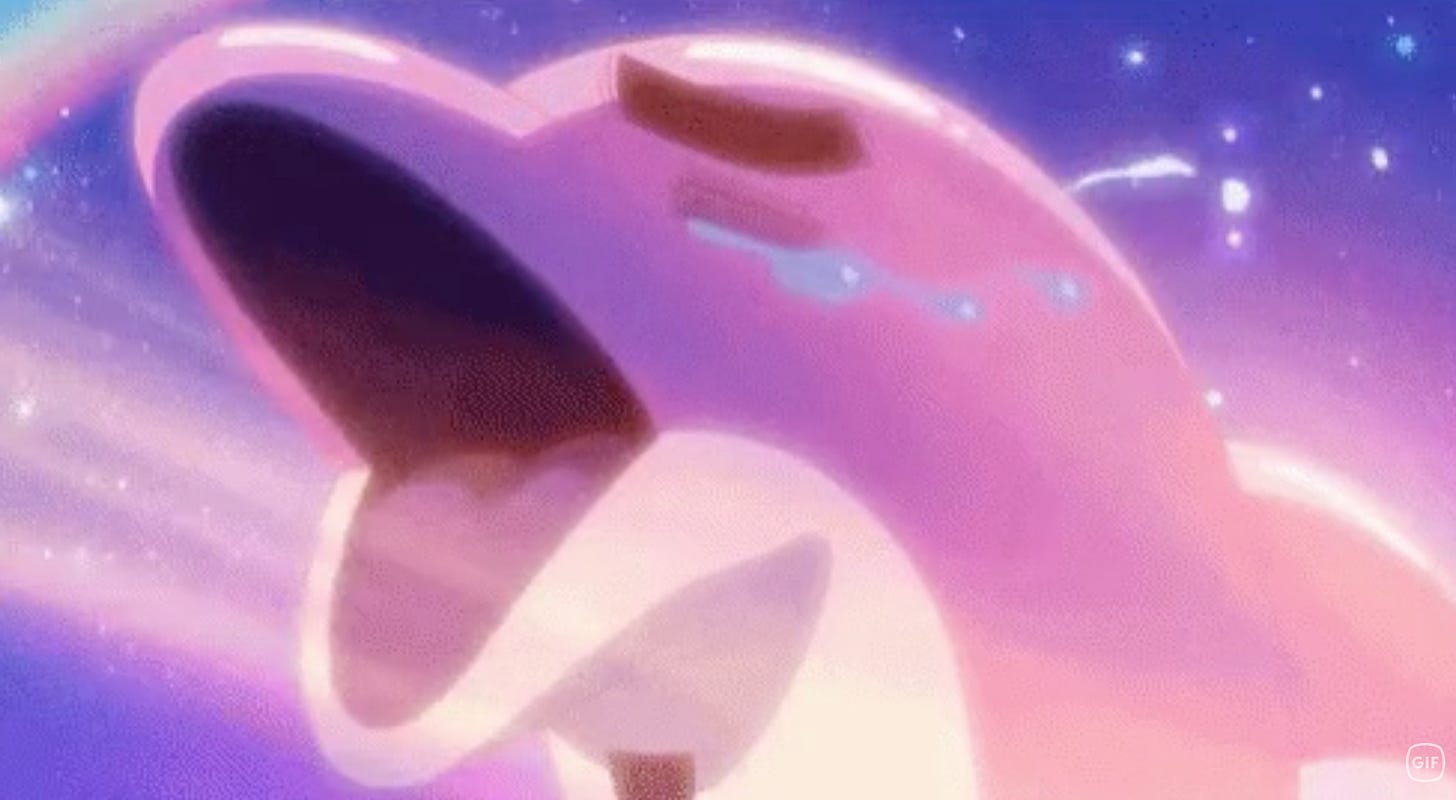Microplastics! They're everywhere!
An unhinged list of places scientists have found microplastics—including dolphin breath.

Dolphins are breathing microplastics into their lungs when they emerge from the ocean for air. That’s the topline of new peer-reviewed research published in the journal Plos One on Wednesday.
It’s also the latest en…


